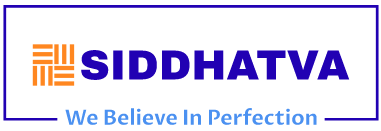In the realm of financial reporting, where complexity often intertwines with critical business intelligence, the challenge lies not just in accuracy but in cost-effectiveness. Successful companies, however, have discovered the art of making this intricate process both seamless and economical. Let’s explore key strategies derived from cross-industry data that can help your organization achieve significant savings and enhance the efficiency of financial reporting.
Understanding the Cost Landscape: Financial reporting costs encompass the preparation of balance sheets, income statements, cash flow statements, and statements of shareholders’ equity. The total cost includes outsourced, overhead, personnel, and system costs. Benchmarking against peers based on the measure per $1,000 of revenue reveals a stark difference in performance.
Top performers spend a mere $0.19 or less per $1,000 of revenue, while organizations at the median spend $0.40, and bottom performers shell out a dollar or more. This significant gap presents an opportunity for organizations to realize substantial savings, with potential implications of up to $600,000 for a $1 billion annual revenue organization.
Optimizing Financial Reporting Costs:
- Reduce Manual Steps: Labor constitutes a substantial portion of reporting costs, often arising from the manual handling of financial data. Automation and integration of systems can significantly decrease manual touchpoints, mitigating the risk of errors and reducing labor costs.
- Invest in Training: Given the multifaceted nature of the reporting process, clear understanding across teams is crucial. Standardize processes, create checklists, and provide documentation and training guides to minimize guesswork, decrease rework, and enhance overall efficiency.
- Tailor Reporting for Stakeholders: Different stakeholders have distinct reporting needs. Tailor your reporting approach based on the requirements of diverse audiences, including board members, employees, investors, creditors, and regulatory bodies. This targeted approach minimizes the need for rework and ensures compliance with specific reporting expectations.
Financial reporting, while intricate and diverse in its stakeholders, can indeed be a cost-effective process. By embracing automation, investing in training, and tailoring reporting to meet the unique needs of each audience, your organization can unlock efficiency and significantly optimize the cost of financial reporting.
Remember, in the world of financial reporting, efficiency is not just a goal but a strategic imperative for sustained success.
